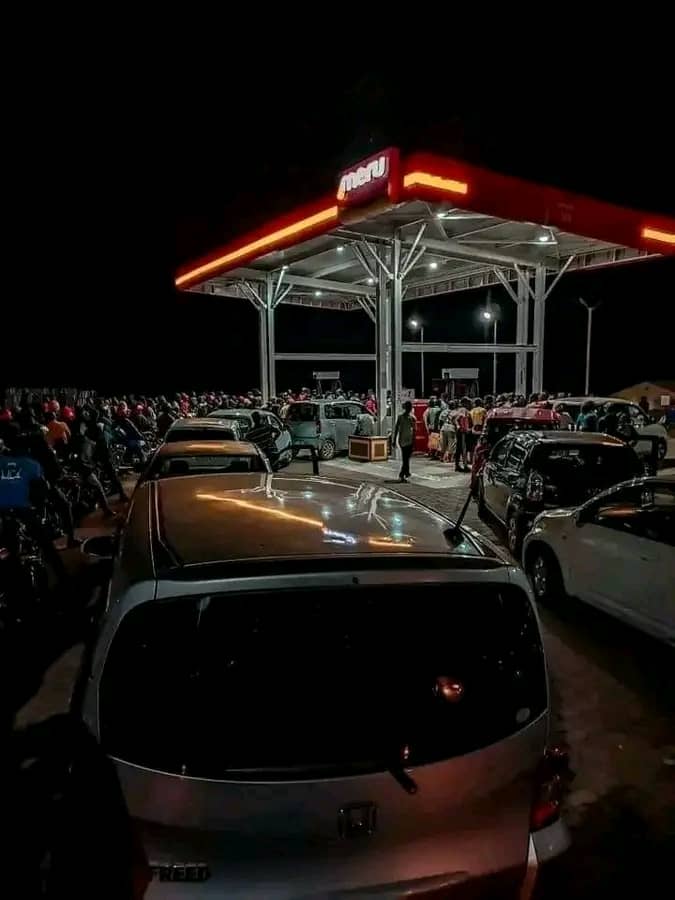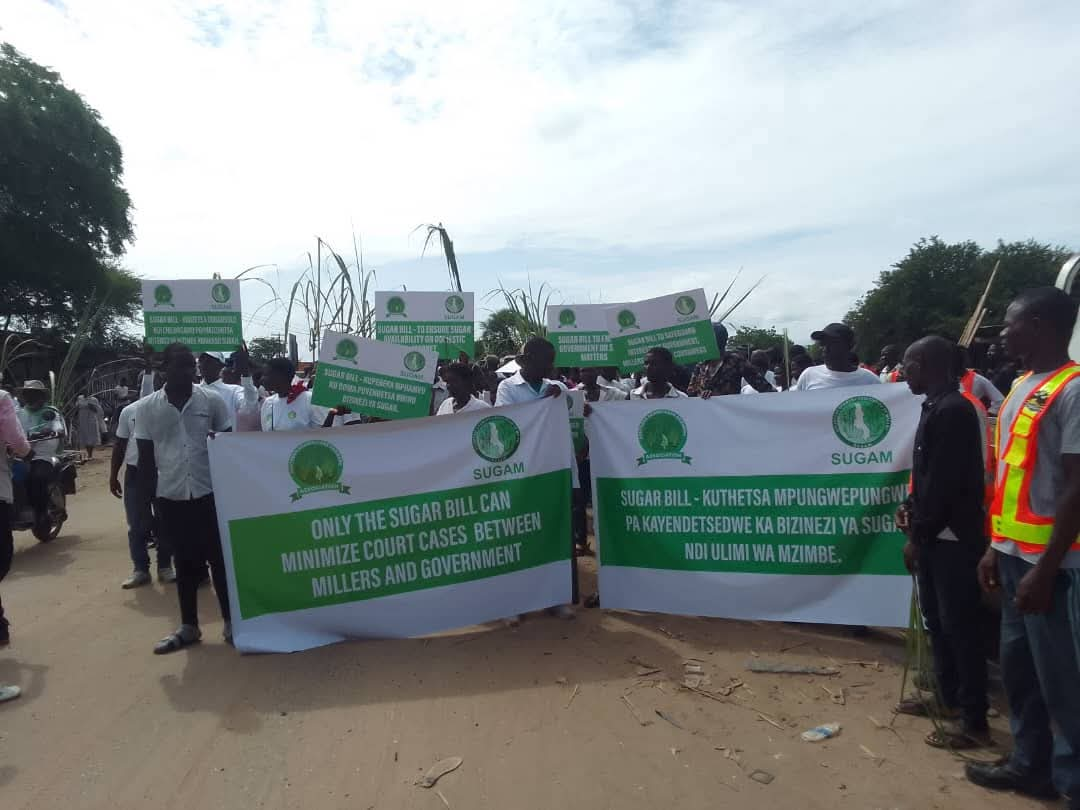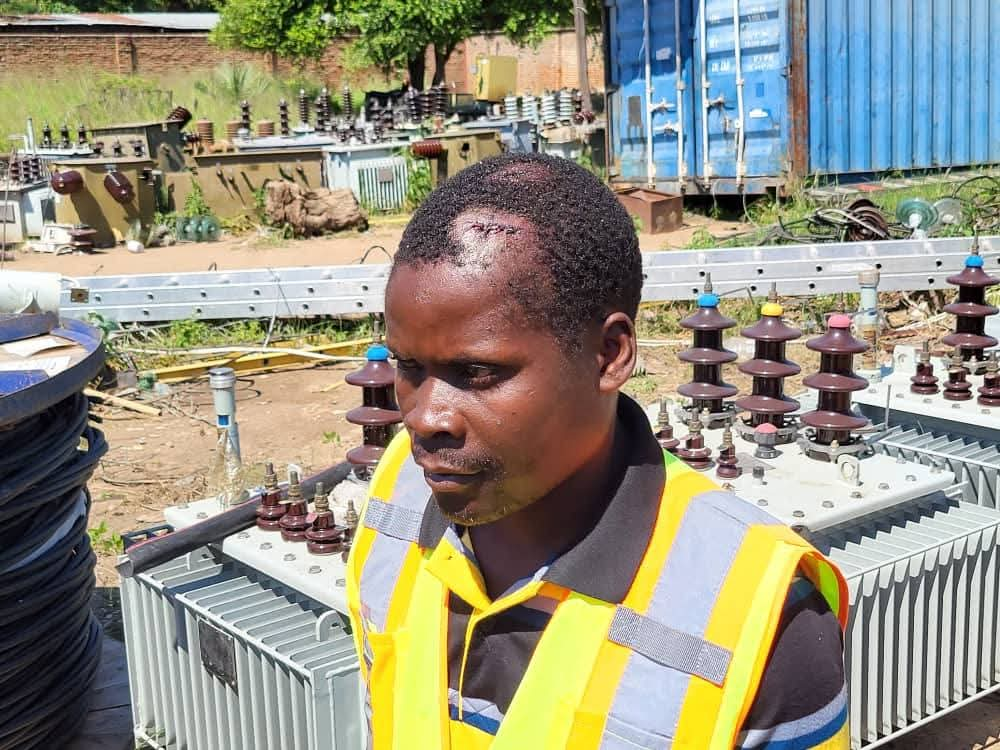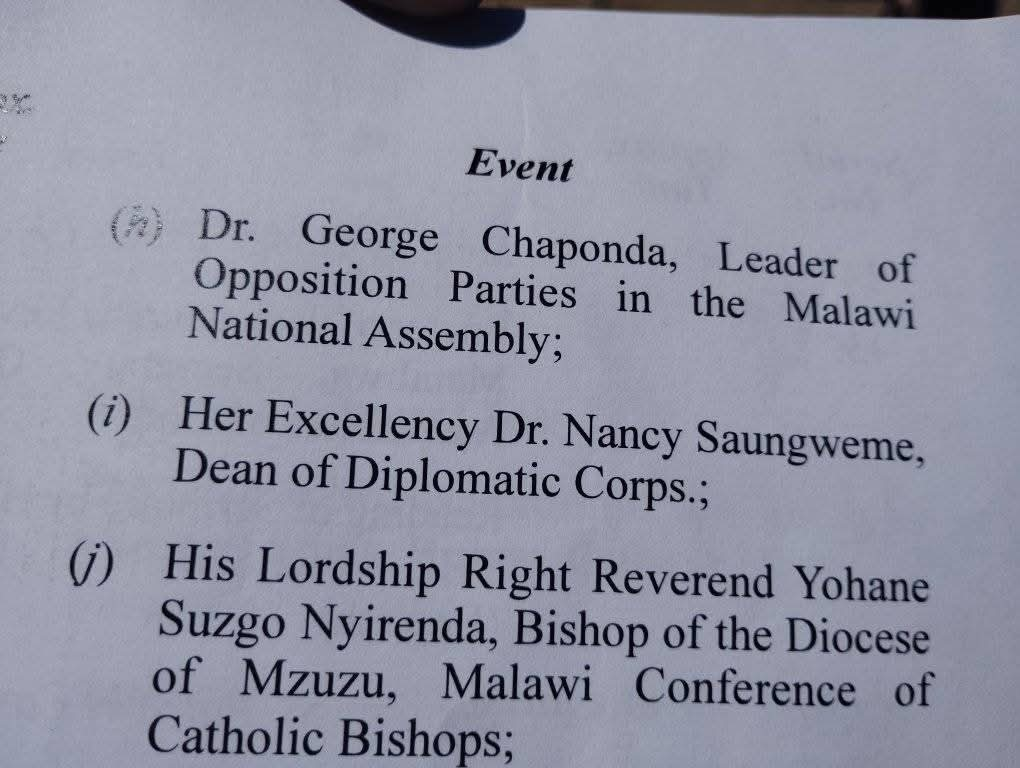As the sun sets over Ndirande, Blantyre, the once-vibrant atmosphere gives way to anxiety and desperation. Long queues snake around fuel stations, with people waiting patiently, yet anxiously, for their turn.
“I’ve been here since 10 pm,” says Emily, a local taxi owner. “I need fuel for my business, but it’s been impossible to get. I’ve tried multiple stations, but they’re all out of stock.” Her voice trembles with frustration.
The fuel shortage has crippled businesses, disrupted transportation, and affected everyday life. People wake up at dawn to join queues, only to be told fuel is unavailable. Markets lie quiet, as traders struggle to access goods.
Despite promises from officials and the Malawi Energy Regulatory Authority (MERA), the situation remains dire. Citizens are skeptical, and patience wears thin.
Informal fuel vendors have mushroomed, selling fuel at exorbitant prices. This black market has become a lifeline for desperate motorists, but at a steep cost.
As darkness descends, people huddle together, sharing stories and concerns. The fuel crisis has become a unifying force, bringing strangers together in their shared struggle.
As days turn into weeks, Malawians’ determination is pushed to the limit. The fuel crisis exposes deeper issues – governance, infrastructure, and economic instability.
Citizens refuse to give up. Their resourcefulness will carry them through this dark hour, but questions linger: When will the fuel crisis end? When will normalcy return to Ndirande and Malawi?




